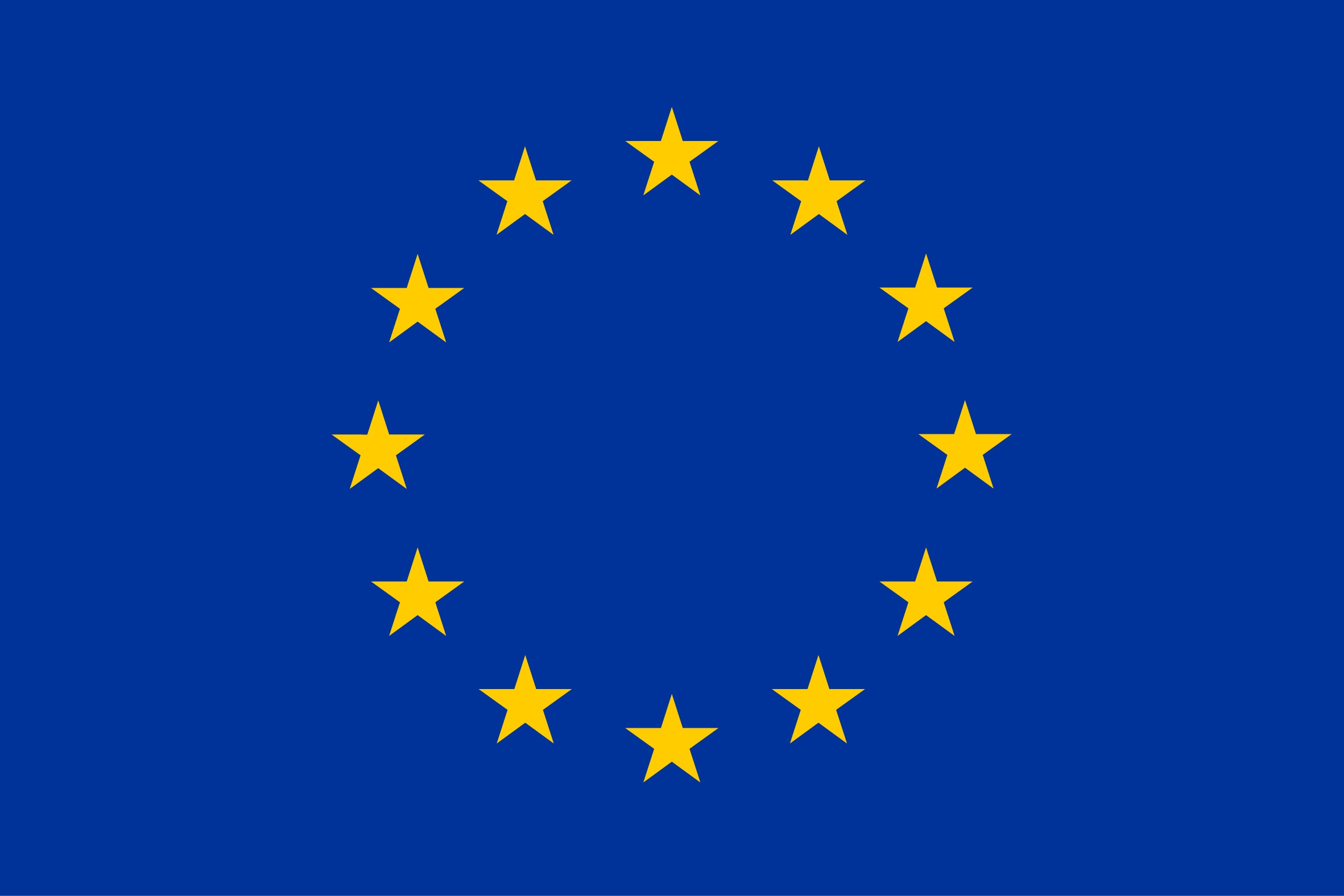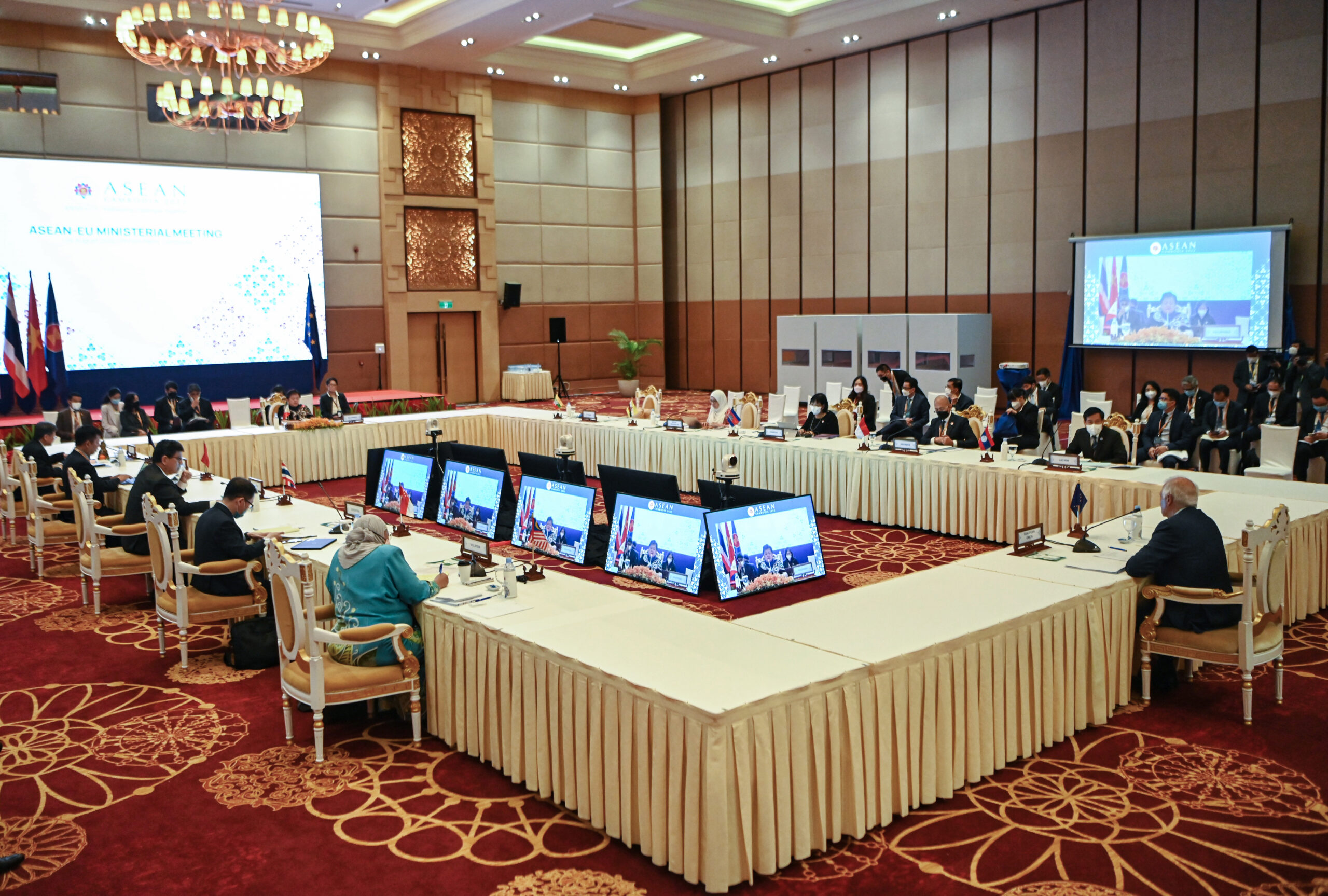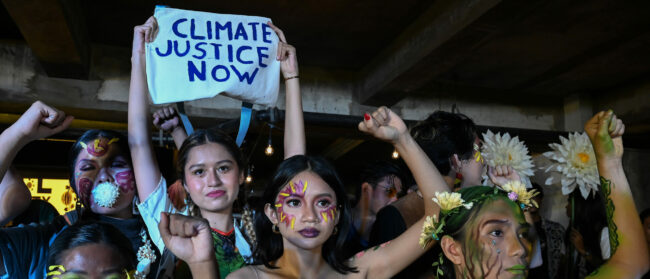Connectivity is an important buzzword in the EU’s economic diplomacy toward ASEAN.
As defined by the European Commission, connectivity may include networking in everything from transportation, energy and the digital world as well as more human links such as education, tourism and research and innovation.
Despite all the good premises mentioned in formal documents, there are two big questions that both Southeast Asian and European stakeholders need to answer. First, does ASEAN-EU connectivity really matter? And if so, does the EU walk the talk in fulfilling the shared goals of ASEAN-EU connectivity?
ASEAN-EU connectivity matters for various reasons. The EU and ASEAN are the two most advanced regional integration initiatives in the world. Not only has the EU been ASEAN’s most significant collaborator in development initiatives, the groups were each other’s third largest trading partner in 2019 and 2020. By continuing this partnership, especially through trade connectivity, the EU and ASEAN are predicted to be a global economic force.
The EU appears to be serious about this big goal of deepening connections. In total the EU has contributed more than $327.96 million (324 million euros) through development projects across political, security, economic and socio-cultural pillars.

One significant ongoing project is ARISE+. The initiative aims to enhance ASEAN regional integration support from the EU, providing $46 million (40 million euros) for the period between 2017 and 2022, and an additional $58 million from 2019 onwards for country-level trade support programs.
The project aims for economic integration focusing on trade facilitation and transparency, harmonisation of standards, transport and custom procedures. It also has a goal of strengthening the capacity of the ASEAN secretariat.
This project has successfully engaged the ASEAN secretariat’s sectoral bodies and working groups, conducts workshops and implements some major initiatives such as the bloc’s trade repository, solutions services, Investments and Trade (ASSIST), and Custom Transit System (ACTS).
The ACTS is a customs transit management system officially launched in November 2020 that assists businesses who move goods across borders. The launch of the ACTS under ARISE+ is very important as it requires only one custom formality to facilitate traders in transporting goods freely within ASEAN.
A truck can travel from its point of loading to its destination in a different ASEAN country with no need for a different customs declaration at each border, and no need to transfer the goods to a different truck in each country. The duties and taxes are covered by a single guarantee for all the countries involved in the transit operation.
The organisations also acknowledged the importance of people-to-people connectivity to achieve socio-economic resilience. To this end, the EU has provided several scholarships including Erasmus mundus and SHARE for Southeast Asian students who wish to study in European countries.

The EU also has provided financial support for many young people to attend workshops and seminars to enhance relations between young leaders on each continent, including the EANGAGE Project. The project intends to enhance strategic cooperation between the blocs in the areas of security, connectivity and sustainable development.
The ASEAN-EU joint commitment document also commended the collaboration under the ASEAN Committee on Science, Technology, and Innovation and the EU-ASEAN Dialogue in Science and Technology for highlighting new connectivity features supporting online schooling, green tech and innovation mapping, and others, especially by building research capabilities and developing infrastructure in ASEAN.
Future cooperation
There are still important, unfulfilled goals required to fully enhance EU-ASEAN joint connectivity.
In trade connectivity ASEAN member states are negotiating individual Partnership Cooperation Agreements with the EU with the goal of an EU-ASEAN Free Trade Agreement. Officials from both regions need to work together to develop a framework setting out the parameters of a future trade agreement. It could start by having a trade council that can assist both regions in providing information on trade related matters.
Additionally, visa requirements have been a major bottleneck for ASEAN people attempting to travel to the EU, with only Singapore and Malaysia so far able to make the trip without a visa requirement. Removing the visa requirement could improve mobility and further enhance relations between the regions.
The EU and ASEAN might not always be compatible and similar in every stage of development, However, a sustainable relationship between the two blocs, based on comprehensive standards and rules, relies on a commitment to connectivity.
Catherine Setiawan is a Research Fellow in the connectivity cluster at the EANGAGE Project. Her research interests include Trade Agreement and Digital Economy related policy and issues, also policies related to Artificial Intelligence and Future of Work.
The content of this article and the opinions expressed in this article are solely the author’s, and do not reflect the opinion of the EANGAGE Project, its partner organisations (Konrad-Adenauer-Stiftung, the Diplomatic Academy of Vietnam and the Asian Vision Institute) or the European Union (EU) and the Association of Southeast Asian Nations (ASEAN).
This article was supported by the “Think Next, Act Next – The Next Gen EU-ASEAN Dialogue” (EANGAGE) Project funded by the European Union and the Konrad-Adenauer-Stfitung. EANGAGE is designed to nurture the next generation of researchers and thought leaders in Southeast Asia and promote better awareness of the EU’s foreign policy objectives and the EU’s engagement in the ASEAN region.




